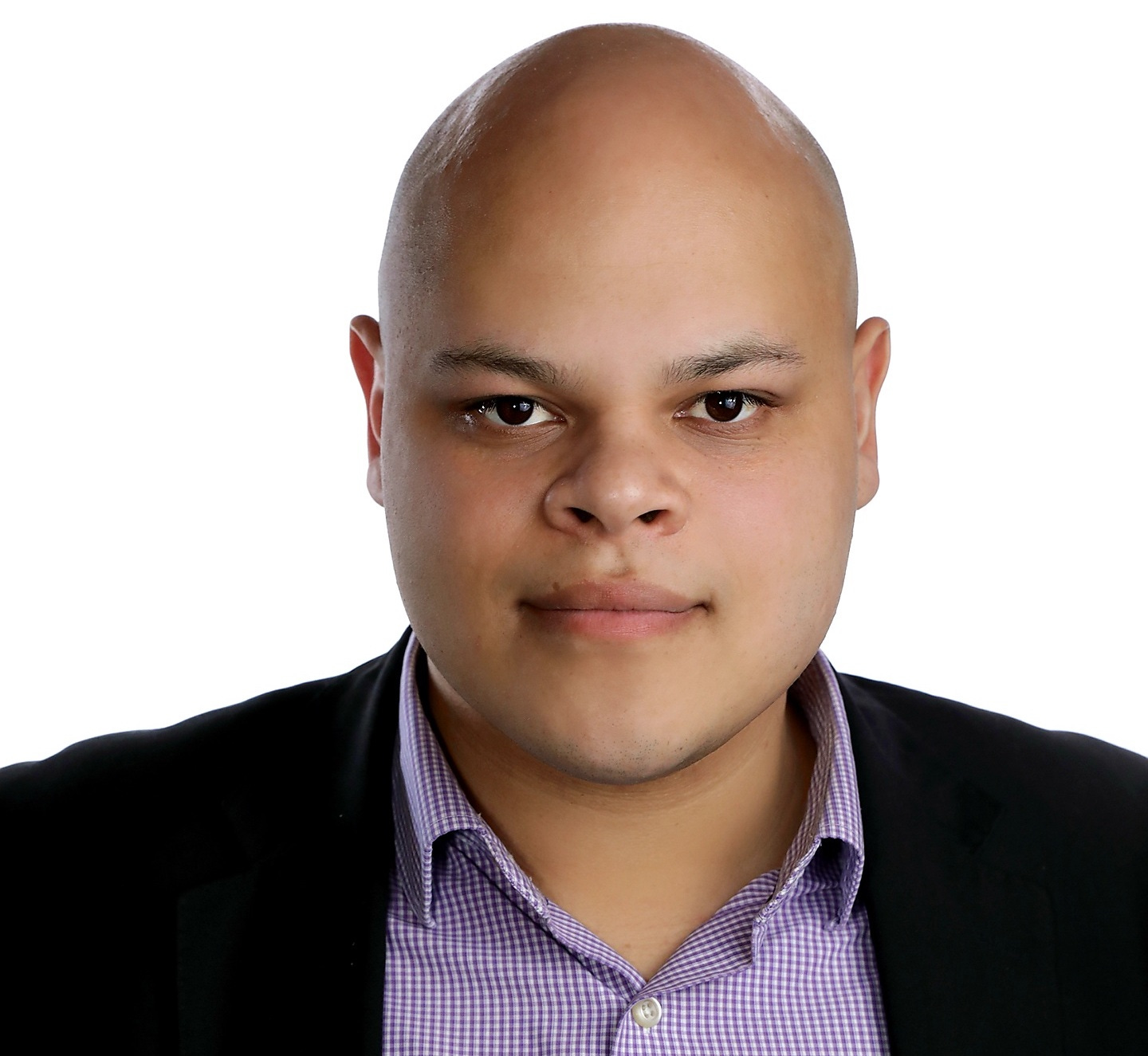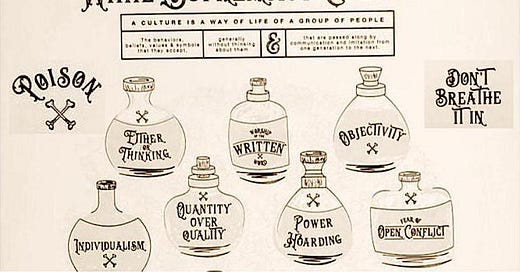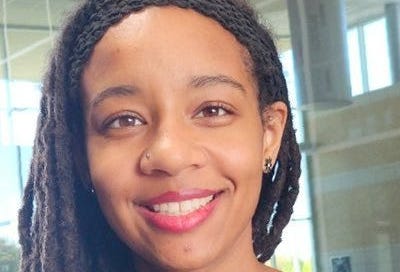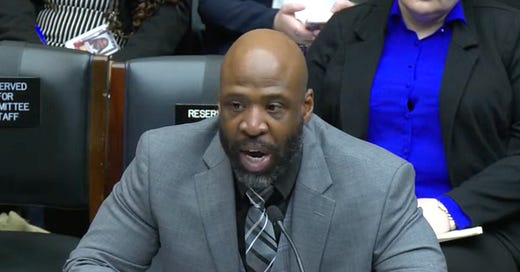
Progressive Stereotypes Hurt Black Communities
Black Thought Has Always Been Inconveniently Free
Soapbox
PROGRESSIVE STEREOTYPES HURT BLACK COMMUNITIES
Black Thought Has Always Been Inconveniently Free
Jamil Jivani
Note: In this essay, “liberal stereotype” doesn't refer to classical liberalism, but to the way the term “liberal” is generally applied in today's mainstream political discourse.
Black History Month was created, in large part, to fight back against stereotypes. The theory advanced by educators like Dr. Carter G. Woodson goes as follows: if people learn more about the rich history of the African diaspora, then black men and women won’t be defined by simplistic or negative depictions of who they are.
Today, some of the stereotypes that harshly impact black communities are rooted in progressive politics. Television, radio, and newspapers offensively caricature black people as anti-police, dependent on big government programs, consumed by historical grievances, accepting of immoral pop culture, incompatible with traditional nuclear family values, and unpatriotic. It’s not a coincidence that these mischaracterizations line up with Democratic Party messaging. US President Joe Biden openly equates the black identity with voting for him.
Across North America, liberal stereotypes have real consequences. Black Americans and Canadians who deviate from the image of a Black Lives Matter supporter or rapper-turned-businessman face unique personal attacks and, when in positions of leadership, are undermined by pressures to keep them inside the progressive political box.
COLDXMAN’s blasphemy
In 2019, rapper and writer Coleman Hughes (aka COLDXMAN) testified before the US House Judiciary subcommittee. He was one of few speakers that day to take a position against reparations to African Americans for slavery. Unsurprisingly, his testimony inspired intense reactions and debates online.
Earlier this year, Hughes turned that experience into a song called “Blasphemy.” He raps about being labelled a sellout, from the perspective of his own detractors: “You just sayin’ sh** for white people, / Ni*** you ain't hangin’ with the right people. / Bruh, I bet they keep you on a tight leash … So get out the way, / Ain't tryna hear what they pay you to say / Ain't nothin’ changed / 10 to 1 wealth ratio yesterday, it's the same as today.”
Hughes’ story shows how liberal stereotypes impact black men of all political persuasions. He is made not just to defend his views on reparations, but to defend himself personally from accusations that he is betraying his community.
It’s ridiculous to think that “selling out” is the only explanation for why a black man doesn’t uniformly hold progressive views on every issue. But otherwise intelligent people do insist this is true. Columnist Jamelle Bouie, who authored a number of subtweets about Hughes over the years, sarcastically commented in 2018 that a person who makes Hughes’ arguments is pretending to be “a brave, daring new voice” and is motivated by the desire for “a new york times [sic] column.” Bouie’s implication, of course, is that Hughes is an insincere careerist because he departs from conventional progressive wisdom on certain topics. Ironically, Bouie was hired by the New York Times months later.
Stereotypes of all varieties cloud one’s ability to see nuance. “Blasphemy” has helped expose that reality, too. A review of “Blasphemy” published by David Reviews referred to Hughes as a “fellow traveler” of Candace Owens, a political commentator and author. Any honest observer of Owens and Hughes can attest that the two share few political opinions. Owens is a highly enthusiastic supporter of Donald Trump; Hughes voted for Joe Biden. But the reviewer sees little difference between two black people who don’t meet his expectations.
Baseless comparisons like Owens-Hughes have a chilling effect. If stepping outside the progressive political box leads to being grossly misrepresented, fewer people will consider expressing their true beliefs.
Toronto’s trailblazers
On “Blasphemy,” Hughes reminds us that it isn’t easy to navigate black community dynamics while also avoiding the usual pitfalls that await anyone in public life: “Like I need your permission, / All of you trippin’ ... I don't fear gettin’ shot by a cop / I fear my mind gettin’ brainwashed by a mob.”
My hometown, Toronto, is home to a number of men who ascended to public leadership roles while wrestling with the liberal stereotypes thrust upon them. It’s a heavy load to carry, especially for the “first” or “only” black person to achieve a certain milestone.
Toronto’s first black police chief, Mark Saunders, was a “cop’s cop” with respect from the rank and file. He also pushed for reforms to law enforcement, such as the use of body camera technology. Eventually, the job wore him down. During the summer of 2020, when corporate media outlets amplified the anti-police messages of Black Lives Matter and Antifa, Chief Saunders resigned.
Two other Toronto trailblazers also left their posts in the last decade, but under far more controversial circumstances. The first black CEO of Toronto Community Housing, Eugene Jones, resigned after being caught in the middle of a public battle between Toronto’s mayor and city ombudsman. Jones later went on to lead the housing authorities in Chicago and Atlanta. The Toronto District School Board’s first black education director, Chris Spence, challenged the city’s education establishment with a plan to focus on the unique challenges facing boys in public schools. Spence’s reform efforts were cut short when he resigned in the middle of a plagiarism scandal.
Torontonians of my generation, who observed the careers of Saunders, Jones, and Spence, received an education in how liberal stereotypes can impact our communities. Well before the incidents that led to their resignations, each man carried the weight of unreasonable expectations created by corporate media outlets. On a wide range of issues, such as gun violence, racial profiling, and educational attainment, reporters and commentators held these men to a progressive standard unlike any predecessor. It’s as though Toronto’s ivory tower commentariat believes black people in leadership roles ought to resemble a character from Sam Greenlee’s The Spook Who Sat by the Door instead of people with real-life jobs that require pragmatism.
You are not alone
The final scene of the “Blasphemy” music video depicts Hughes versus the world. Critics of different races, ages, and sizes circle the rapper with disapproving glares. His opposition closes in before the credits roll.
When I was an employee at iHeartRadio/Bell Media, I felt the same disapproving glares. Since being fired for standing up for my convictions, it has become clearer to me that breaking away from liberal stereotypes gives us an opportunity to overcome fear. Too many of us are paralyzed by the threat of being ostracized from our communities or having our leadership undermined.
Black History Month is a reminder that liberal stereotypes never defined the black identity in the past. We ought to feel encouraged to reject harmful expectations in the present. By thinking freely today, we remove limits on what's possible tomorrow.
Editors note: A version of this essay appeared on 2/21/2022 on Jamil Jivani’s Substack.
Jamil Jivani is a lawyer, policy advisor, and author of Why Young Men: Rage, Race and the Crisis of Identity. He is a senior fellow at the Macdonald-Laurier Institute, where he leads a project called Speak for Ourselves. You can follow him on Twitter and find his writing on his Substack.
















I didn’t know Coleman Hughes rapped. Neat…
“ It’s not a coincidence that these mischaracterizations line up with Democratic Party messaging. US President Joe Biden openly equates the black identity with voting for him.”
It’s ironically tragic, and perverse, when a black person accuses another black person of being a sellout for not being loyal to the Democratic Party or its political platform, the party that fought a war to keep our ancestors enslaved and then nursed a terrorist organization that oppressed our ancestors. So many black people are upset about the past sins of America, so few are upset about the past sins of the Democratic Party.
I wrote a detailed essay on the history of the Democratic Party and its unacknowledged legacy of slavery. I’d like it published here in the Journal or Free Black Thought. So… I’ll just keep linking to it cuz I don’t know how else to try to get awareness to it.
https://minorityreport.substack.com/p/accepting-the-obvious
“ Any honest observer of Owens and Hughes can attest that the two share few political opinions. Owens is a highly enthusiastic supporter of Donald Trump; Hughes voted for Joe Biden.”
Yup. Many people can’t even fathom the possibility of a black person not shackled
by party loyalty. If a black person criticizes a plank of the Democratic Party, they must love Trump. It’s like they never considered the possibility of a black person who finds both parties to be garbage.
It’s not just black people who are expected to be party loyalists though. Many people out there just can’t fathom anyone who is independent of party factionalism. They don’t think, they just follow. It’s disappointing.
Great! Very sound and well-spoken. TYTY.